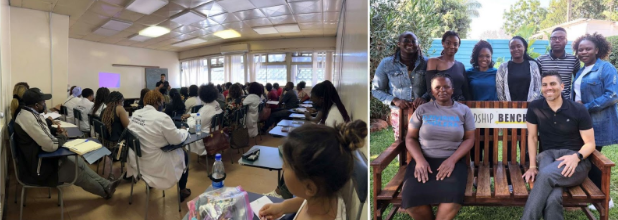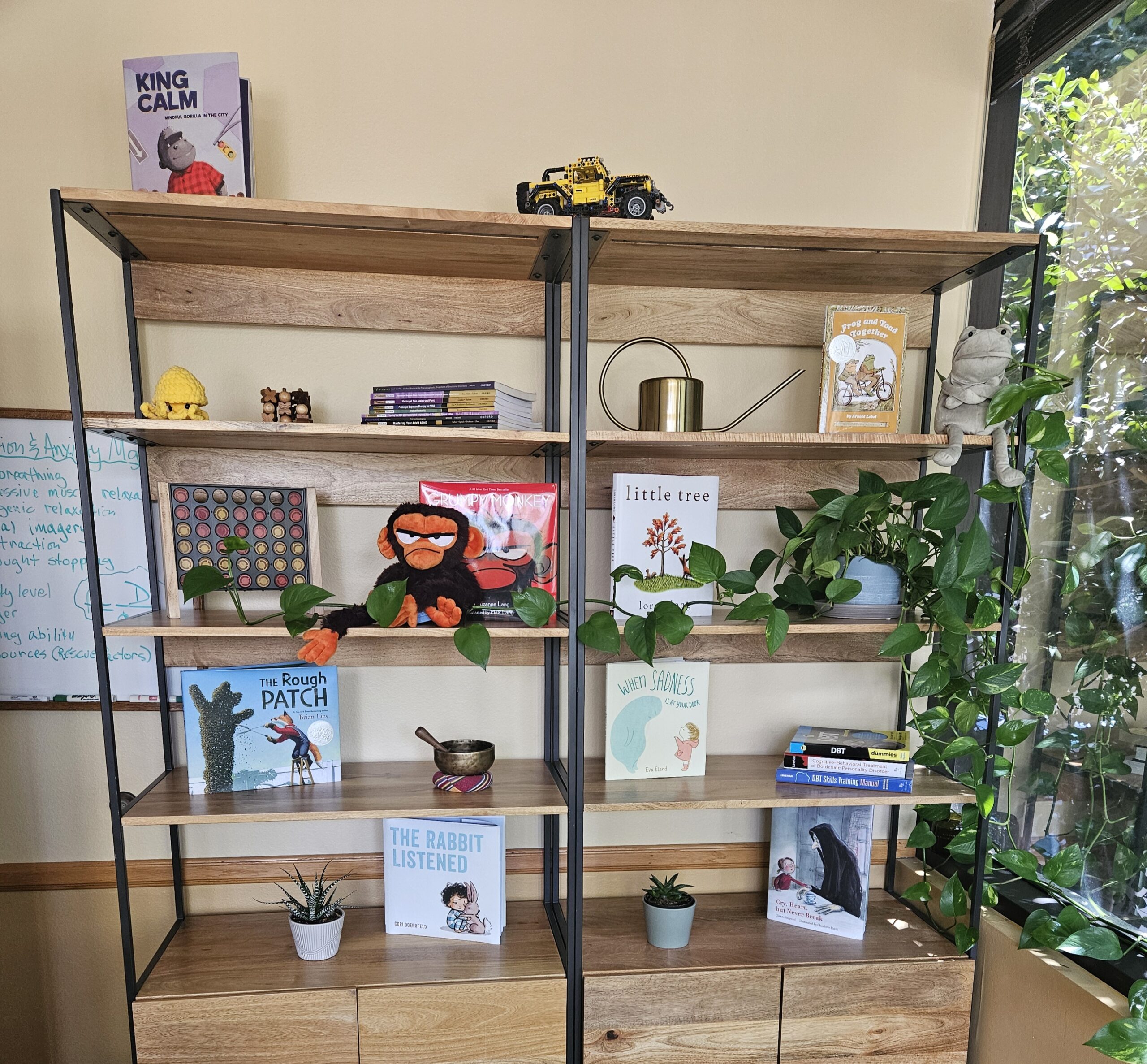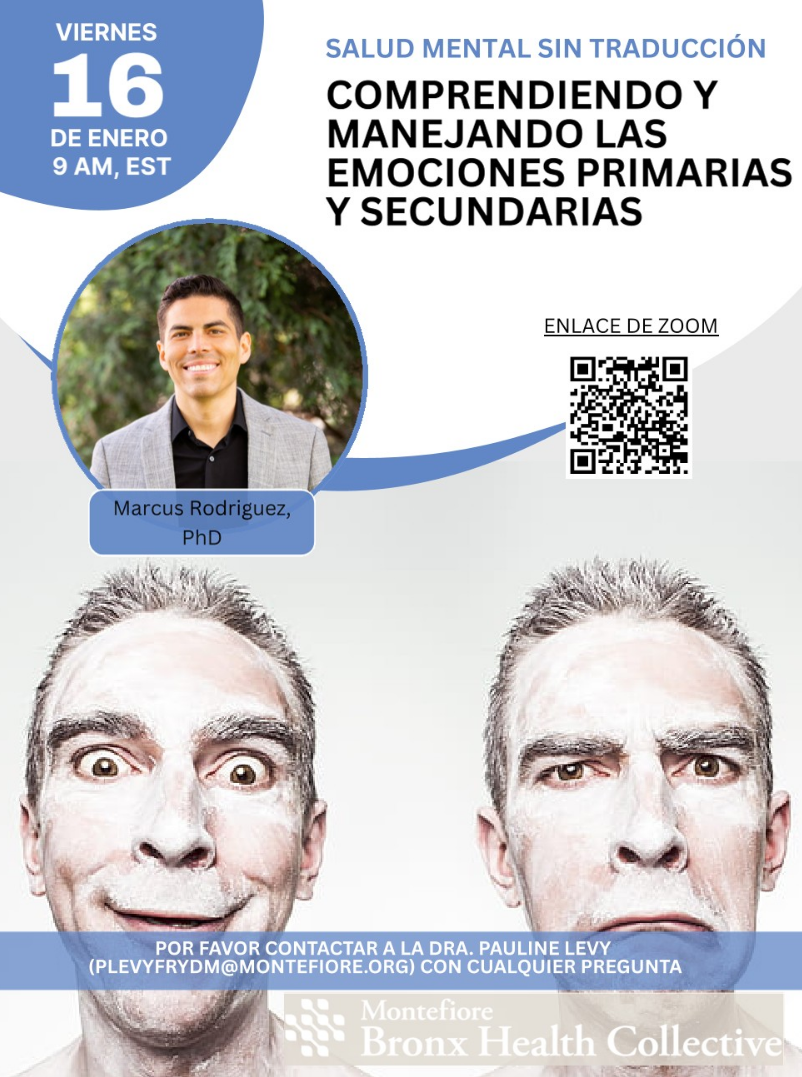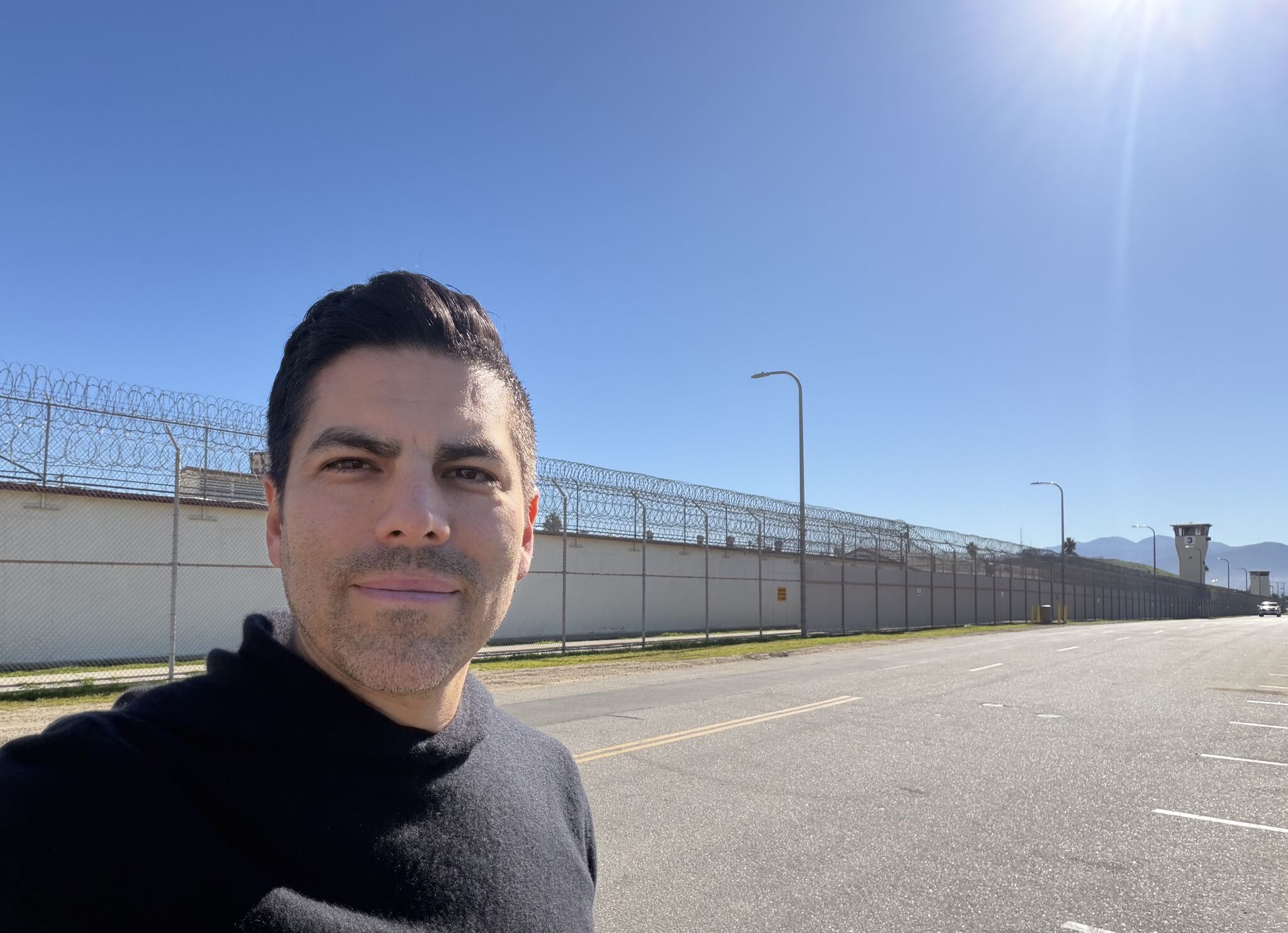Last month, Dr. Marcus Rodriguez taught Dialectical Behavior Therapy (DBT) skills and crisis response strategies to the supervisors, clinicians, and volunteers (“open line buddies”) at Friendship Bench Zimbabwe. Together, they explored ways to integrate DBT into their evidence-based, lay health worker-administered, problem-solving interventions.
Dr. Rodriguez has wanted to collaborate with the Friendship Bench program since he first watched Dixon Chibanda’s 2017 TED talk, “Why I train grandmothers to treat depression.” His team at the Global Mental Health Lab shares the same mission: making mental health care more accessible worldwide.
Last summer, he traveled to Harare to meet Professor Chibanda’s team and establish this collaboration. Along with Julia Xiao-Rodriguez, he taught a full-day DBT skills workshop at the University of Zimbabwe.
This week, Leeroy Tafadzwa Shoniwa taught Dr. Rodriguez and his students at the Global Mental Health Lab their evidence-based Problem Solving Therapy (PST) model. Dr. Rodriguez looks forward to continuing this knowledge exchange, deepening research collaboration, and potentially serving as an “online buddy” in the FB-Z program.
In the immediate future, he plans to integrate PST techniques into his clinical practice at the Youth and Family Institute, supporting clients with evidence-based strategies to reduce emotional suffering.
At YFI, we create mission-driven, empowering trainings for teams committed to mental health equity—both locally and globally.
About Youth & Family Institute (YFI):
We bring evidence-based DBT and CBT services to children, teens, and families in Pasadena, Brentwood, Monrovia, South Pasadena, and Santa Monica — while collaborating globally to advance mental health accessibility. Schedule a free consultation to learn how we can support your family.




